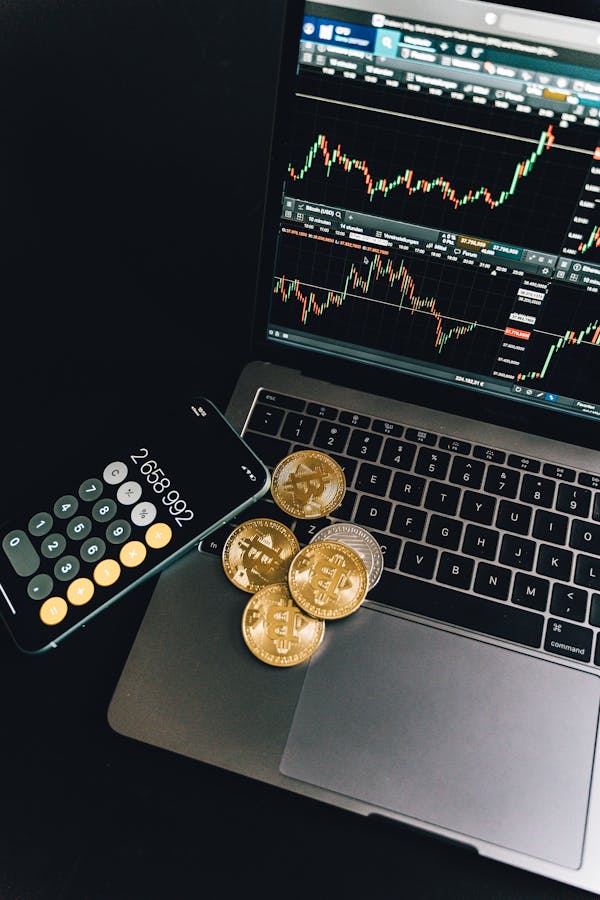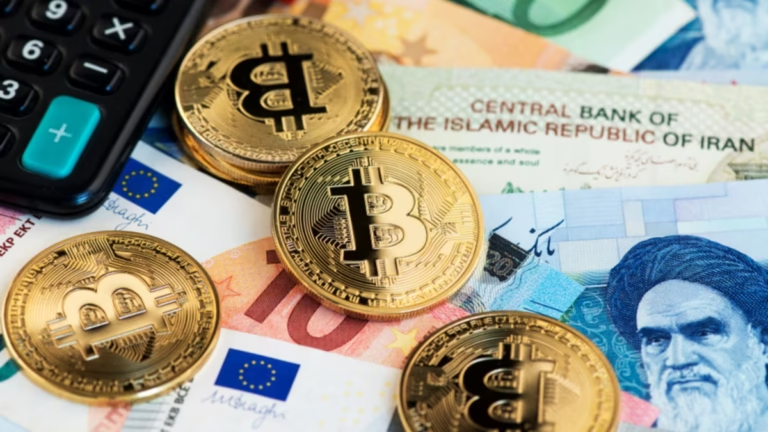The global financial landscape is shifting, and Bitcoin is at the center of this transformation. U.S. Treasury Secretary Janet Yellen has issued a warning about the declining dominance of the U.S. dollar, exacerbated by the country’s spiraling $34 trillion debt. As countries like Russia encourage the use of Bitcoin and other cryptocurrencies to circumvent U.S. financial sanctions, the appeal of digital assets is growing.
Bitcoin’s price has surged over the past year, despite critical warnings from the Federal Reserve. This rise is partly fueled by the increasing confidence among bettors that former U.S. President Donald Trump will return to the White House. Trump’s potential presidency is seen as favorable for Bitcoin due to his supportive stance on cryptocurrencies.
Larry Fink, CEO of BlackRock, has also highlighted concerns about the growing U.S. debt and its impact on the economy. He called for measures to curb the deficit, which he believes is growing too fast. Fink, who previously criticized Bitcoin, has now acknowledged it as a legitimate financial instrument, especially as a hedge against currency debasement.
The global pushback against the dominance of the U.S. dollar includes efforts by the BRICS nations (Brazil, Russia, India, China, and South Africa) to reduce their reliance on it. This, coupled with Russia’s central bank encouraging the use of digital assets in international payments, is further driving interest in Bitcoin.
Analysts predict that Bitcoin’s price could reach new heights, with forecasts of it hitting $100,000 by the U.S. election in November and potentially $200,000 by the end of 2025. The crypto community views Trump as a favorable candidate due to his supportive stance on Bitcoin, which contrasts sharply with the Biden administration’s approach.
In this volatile environment, Bitcoin is increasingly seen as a viable alternative to traditional financial systems, offering a way to preserve value amid economic uncertainty.


